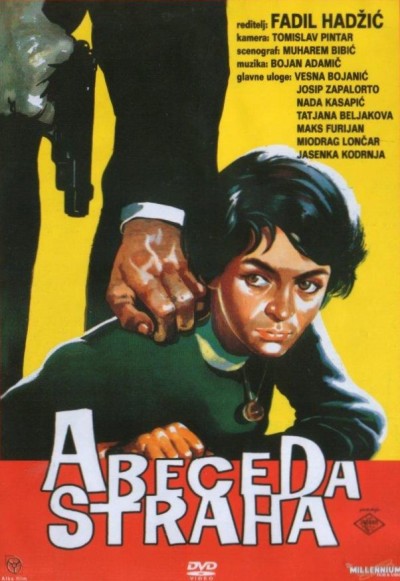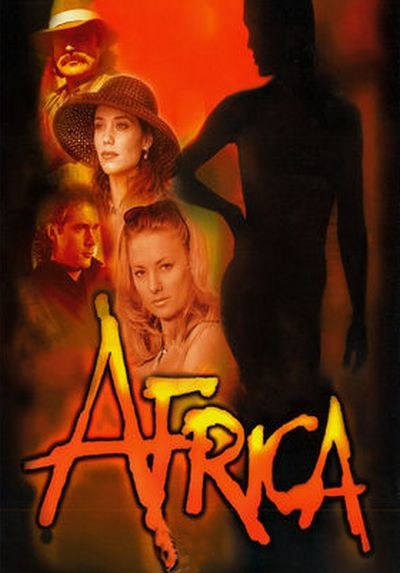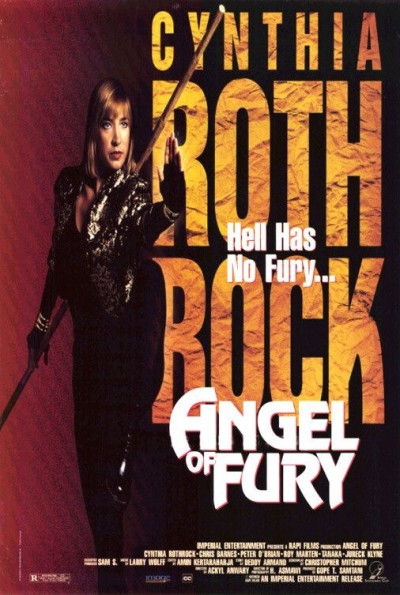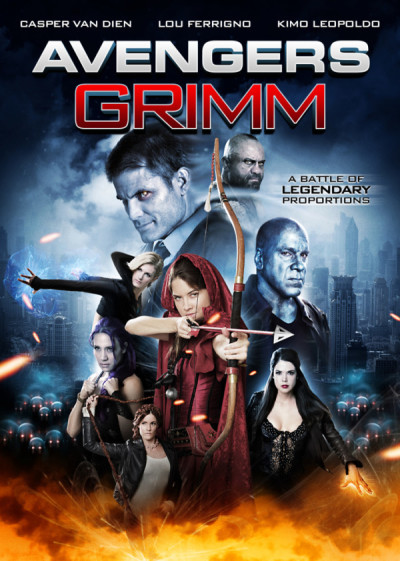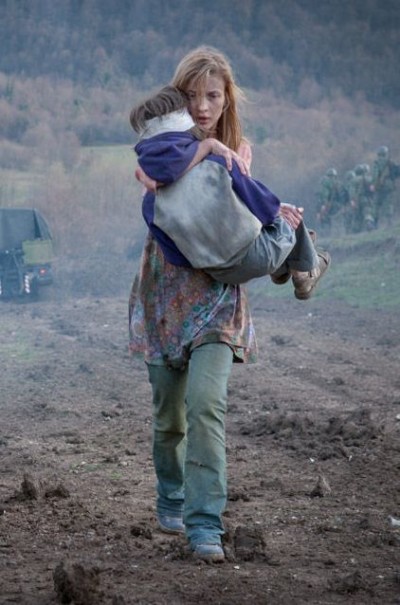★½
“Like watching a Ming vase dry.”
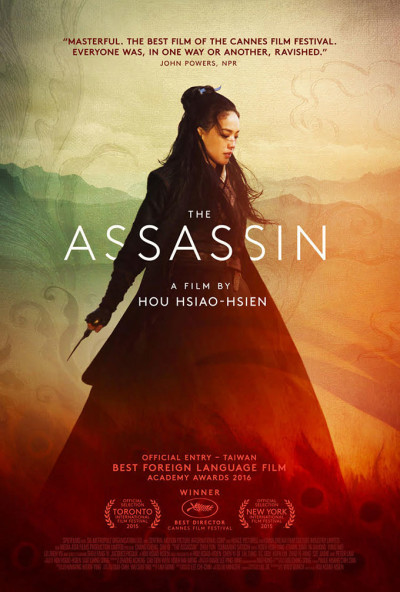 I have seen worse action heroine films this year. But I certainly haven’t seen any which were more irritating. I confess, this is perhaps partly due to expectations, because all I knew about this one going in, came from the trailer, which made it look like an interesting piece of genre cinema. Well played, trailer: well played. You completely sold me a sow’s ear on that one. If I’d done some research on the director, I might have had a better idea of what to expect, for it turns out just about every frame of action the movie contains, is in the trailer. The rest is a disjointed mess of scenes, characters and plot-lines that seems to insult the audience’s intelligence by its pretense at being a coherent work. Even more irritatingly, the critics are lapping it up, judging by the gushing reviews I saw. Truly, do not believe the hype: neither Chris nor I were at all impressed by this steaming pile of art-wank cinema masquerading as entertainment. Some lush photography is about all this has going for it.
I have seen worse action heroine films this year. But I certainly haven’t seen any which were more irritating. I confess, this is perhaps partly due to expectations, because all I knew about this one going in, came from the trailer, which made it look like an interesting piece of genre cinema. Well played, trailer: well played. You completely sold me a sow’s ear on that one. If I’d done some research on the director, I might have had a better idea of what to expect, for it turns out just about every frame of action the movie contains, is in the trailer. The rest is a disjointed mess of scenes, characters and plot-lines that seems to insult the audience’s intelligence by its pretense at being a coherent work. Even more irritatingly, the critics are lapping it up, judging by the gushing reviews I saw. Truly, do not believe the hype: neither Chris nor I were at all impressed by this steaming pile of art-wank cinema masquerading as entertainment. Some lush photography is about all this has going for it.
The plot sounds like it might have something going for it. In 9th century China, Yinniang (Shu) is a hitwoman, who hunts down and kills corrupt officials as required by her mistress, Jiaxin, who raised her from a child. After Yinniang fails to carry out a mission, due to the presence of a child, Jiaxin punishes her by making the next job to kill Yinniang’s cousin, Tian Ji’an (Chang), who was once also her fiance, and is now the governor of Weibo province. Needless to say, this does not sit well with Yinniang, and nor is it long before the old flame is (somewhat) rekindled. More than that… Well, I’m not able to say, because the film appears to delight in being obscure for obscurism’s sake. We cut into the middle of a fight scene, which after a few seconds reverts to a long-range shot, and then ends equally abruptly, with no explanation offered of who was doing what, to whom, or why. Call me old-fashioned if you like, both Chris and I still consider story-line at least somewhat important.
Apart from some nice cinematography – Hou goes against the grain, not opting to shoot in widescreen ratio – the only other positive thing I can find to say is Shu’s portrayal of Yinniang. Not so much during the dramatic moments, as during the (rare) action scenes, where her absolutely economy of effort is extremely effective. There’s an air of a Japanese samurai about her; rather than florid aerial battles, she swiftly disposes of most opponents in three or fewer strokes. If only the sequences between these has demonstrated such brevity and directness. Instead, it’s a confusing and unengaging mess, that annoyed me so much, I couldn’t even fall asleep, once I realized this was probably going to be irredeemable. Damn you, Hou. However, damn whoever put the trailer together, even more.
Dir: Hou Hsiao-Hsien
Star: Shu Qi, Chang Chen, Zhou Yun, Satoshi Tsumabuki





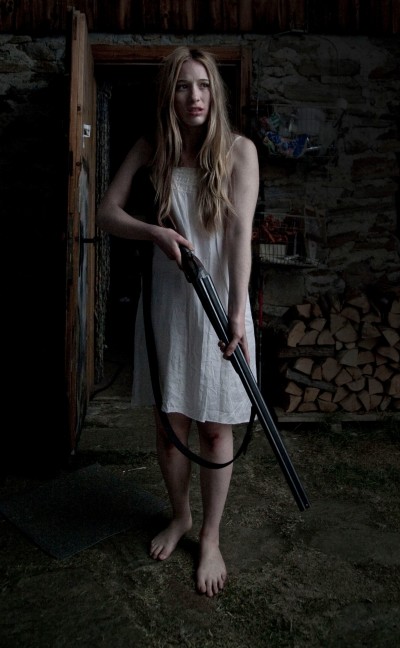
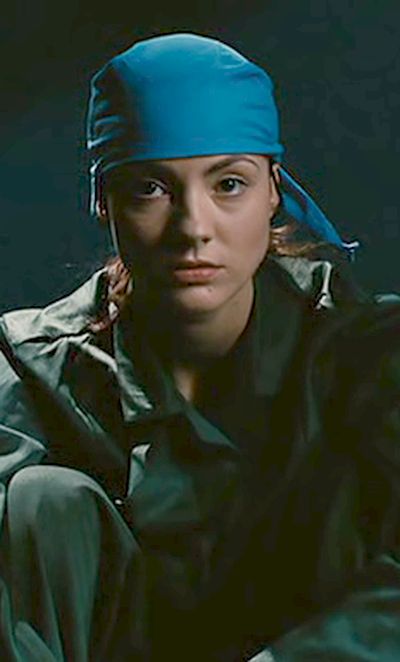

 When I saw this book at a yard sale a few years ago, the captivating picture of a sword-wielding lady on the cover, coupled with the knowledge that the book is a romance by an evangelical Christian author, convinced me that this read would be right up my wife’s alley. I wasn’t wrong; she was initially skeptical of the historical setting (being more into modern settings), but once she got into it, she “couldn’t put it down.” She in turn recommended it to me; and obviously my reaction was positive as well!
When I saw this book at a yard sale a few years ago, the captivating picture of a sword-wielding lady on the cover, coupled with the knowledge that the book is a romance by an evangelical Christian author, convinced me that this read would be right up my wife’s alley. I wasn’t wrong; she was initially skeptical of the historical setting (being more into modern settings), but once she got into it, she “couldn’t put it down.” She in turn recommended it to me; and obviously my reaction was positive as well!